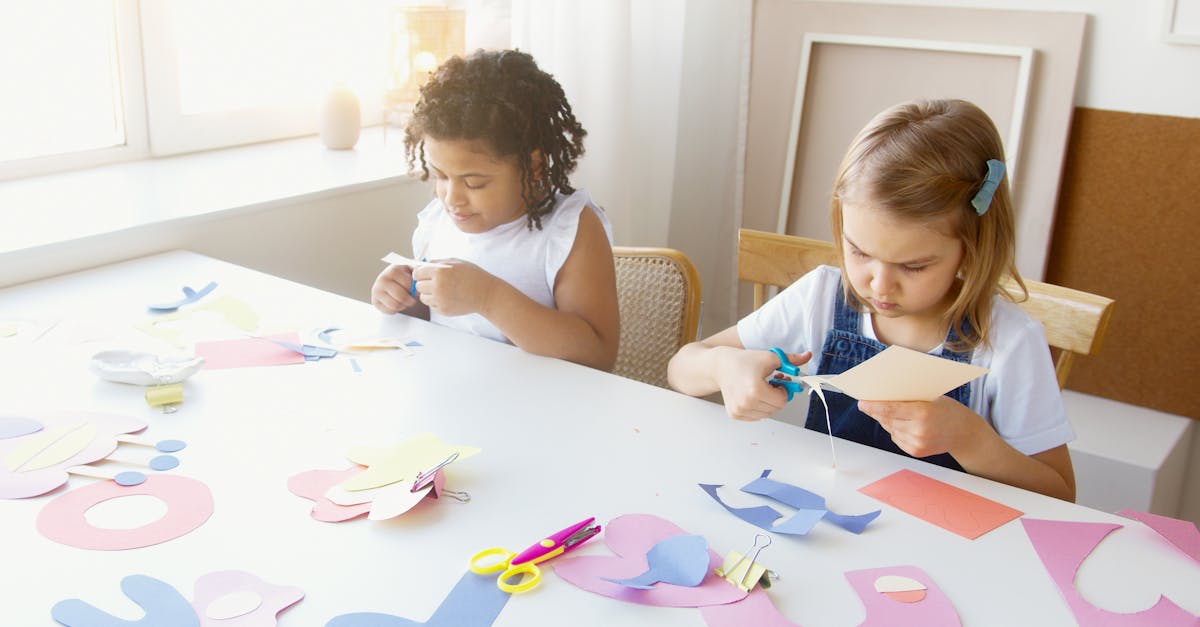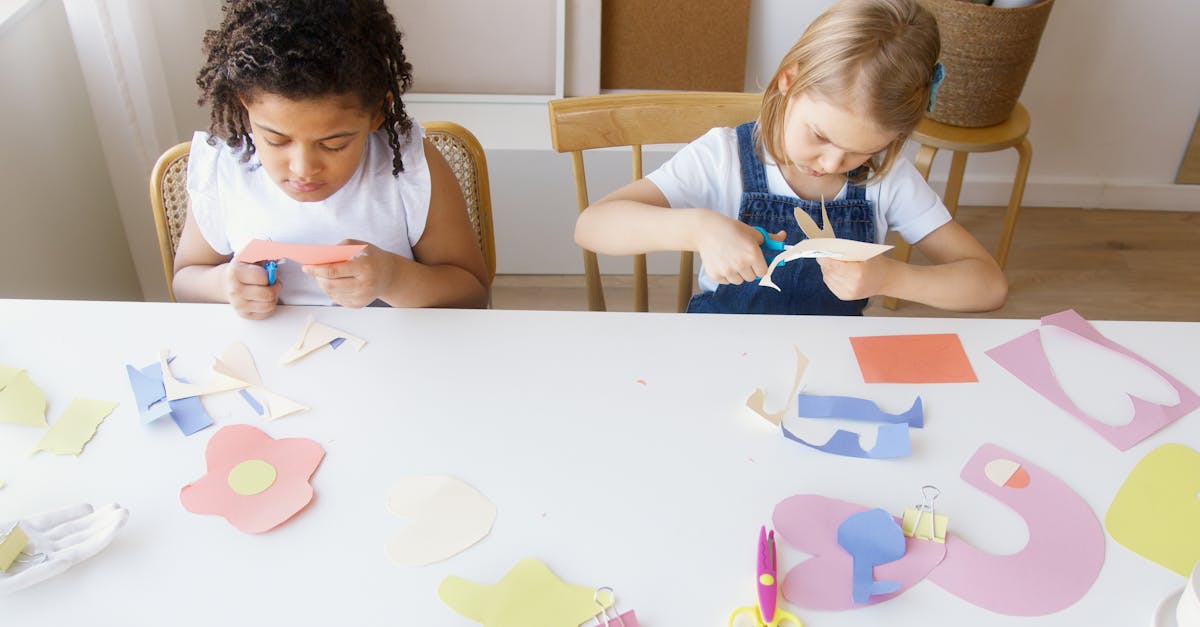Boosting Confidence from a Young Age
Imagine your child successfully solving a puzzle on their own. This boosts their self-confidence and helps them believe in their abilities. When pre-school kids engage in self-learning, they understand that they can achieve things independently, which is essential for their overall growth. Watching them light up with joy when they figure something out is incredibly heartwarming. So, let’s give them chances to experience victories, no matter how small!

Encouraging Curiosity and Exploration
Kids have a natural curiosity that makes them little explorers! By encouraging self-learning, we can foster this inquisitiveness. When children are allowed to ask questions and seek answers independently, they develop a love for learning. Post-it notes and sticker charts can be fun ways to track their discoveries. Remember, every ‘Why?’ they ask is an opportunity to explore something new together.

Developing Problem-Solving Skills
Life throws challenges at us daily. Equipping your child with problem-solving skills early on sets a strong foundation for overcoming obstacles later. Through self-learning, kids learn to tackle problems head-on. Whether it’s figuring out how to build a tower that won’t topple or deciding where the last puzzle piece fits, these experiences shape their resilience and creativity. Think of it as training their little brains like superheroes!

Developing problem-solving skills in children is essential for their growth and development. Encouraging them to think critically and find solutions independently helps them become resilient individuals capable of facing life’s challenges with confidence.
Fostering Independence and Responsibility
Encouraging self-learning helps children become more independent. When kids are given space to make decisions, they develop a sense of responsibility. It starts with simple tasks—like picking their clothes or deciding what game to play. Gradually, they’ll take on bigger responsibilities with confidence. And guess what? This means fewer tantrums and more cooperative behavior. Empower them and watch them shine!

Strengthening Emotional Resilience
Emotional challenges are part of growing up, and self-learning can help pre-school kids navigate these emotions. By trying things on their own, children experience both successes and setbacks, which is crucial for emotional development. When they learn to cope with small failures, they build resilience. Help them by celebrating their efforts and teaching them that it’s okay to make mistakes. Remember, every setback is a step towards growth!

Making Learning Fun and Engaging
Learning should be fun! Incorporating self-learning activities into playtime makes education enjoyable. Interactive toys, educational games, and creative crafts can keep the learning spirit alive. When children enjoy what they’re doing, they naturally become more engaged. Turn their learning environment into a playground of possibilities. After all, a joyful learner is an eager learner!

Practical Tips for Encouraging Self-Learning
Creating an environment that promotes self-learning doesn’t have to be complicated. Start by setting up a dedicated space for your child’s activities. Rotate toys and learning materials to keep things fresh. Use praise and encouragement to motivate them. Finally, model the behavior you wish to see. Show them your enthusiasm for learning new things. Engaging with them in activities and asking them about their day can make a big difference in fostering their self-learning journey.

Summary: Encouraging self-learning in children can be achieved through creating an engaging environment and actively participating in their learning journey.
